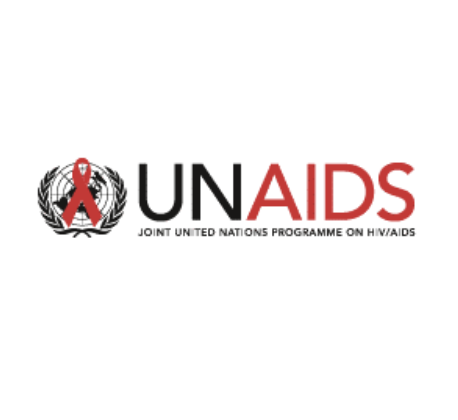The African Child Policy Forum (ACPF) is an independent, not-for-profit, pan-African institution of policy, research and dialogue on the African child. ACPF was established with the conviction that putting children first on the public agenda is fundamental for the realisation of their rights and wellbeing and for bringing about lasting social and economic progress in Africa. ACPF’s work is rights based, inspired by universal values and informed by global experiences and knowledge.
Its work is guided by the UN Convention on the Rights of the Child, the African Charter on the Rights and Welfare of the Child, and other relevant regional and international human rights instruments. ACPF aims to specifically contribute to improved knowledge on children in Africa; monitor and report progress;identify policy options; provide a platform for dialogue; collaborate with governments, inter-governmental organisations and civil society in the development and implementation of effective pro-child policies and programmes and also promote a common voice for children in and out of Africa.























